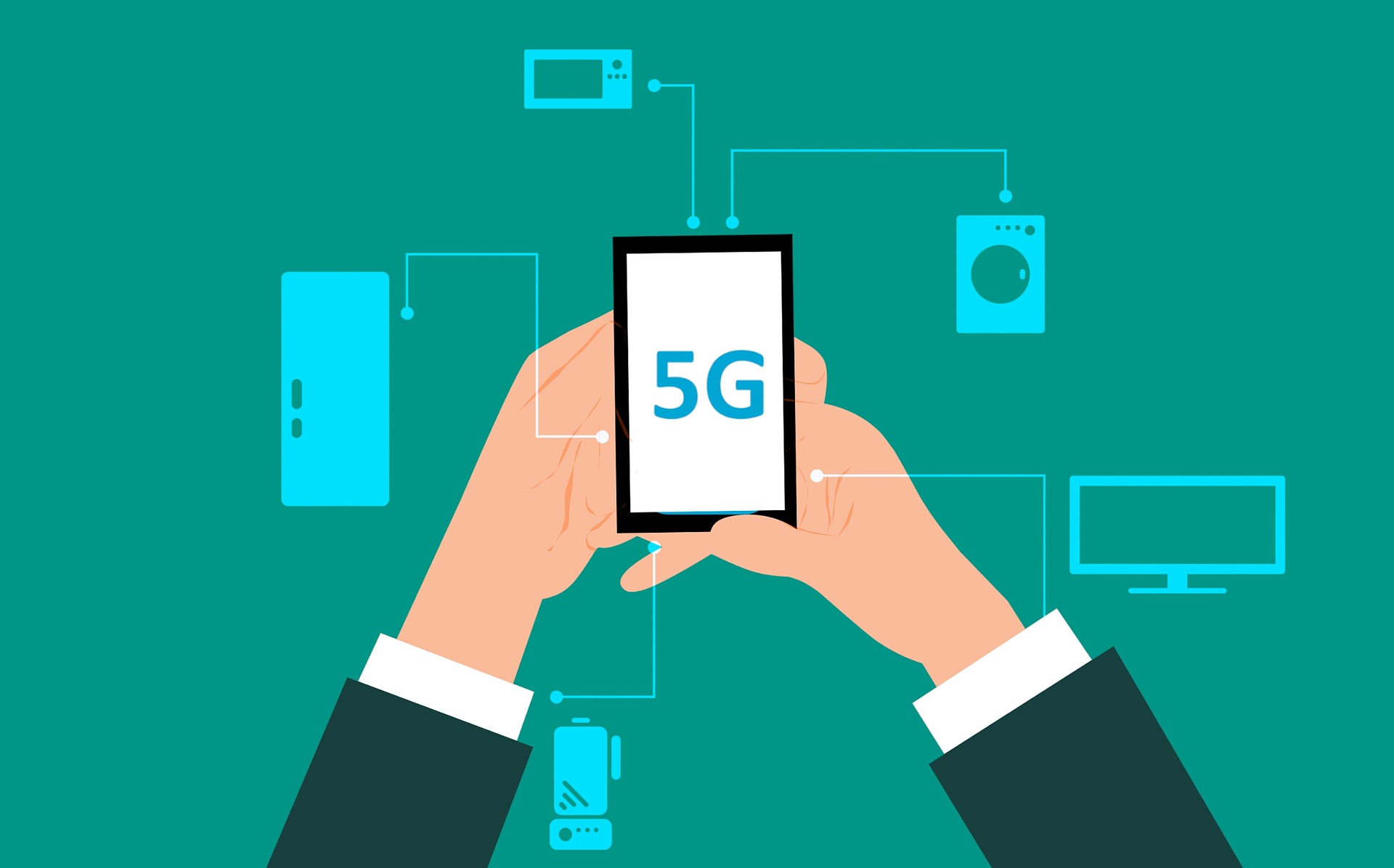Industrial Internet of things (IIoT) presents a significant opportunity for Europe, where advanced industries can lead the way towards fully automated factories and processes, delivering hyper-fast productivity and greater efficiency. The European Union’s (EU) plan to lead the IIoT revolution, however, depends on the effective implementation of 5G policies as faster speeds and secure networks are vital for the success of IoT applications. As Europe prepares for the roll out of high-speed 5G networks, Politico hosted a panel on 3 September in Brussels, discussing the industrial implementation of 5G and its challenges.
5G as an Enabler of European Competitiveness
The event started with a discussion of how 5G will benefit European industries, beyond telecommunication companies. According to Lise Fuhr, Director General of ETNO, 5G is a platform that provides a competitive edge in Europe: “The consumer Internet speaks American. Technology patents speak Chinese. With 5G and IoT, industrial and digital applications have the opportunity to speak European.”
Europe’s industrial competitiveness was highlighted alongside a focus on sustainability and advancing the digital economy by Angelika Niebler, German MEP member of the European People’s Party. Niebler ensured that the new Commission will allocate bigger budgets for research and innovation, especially around cybersecurity, as it will be crucial for the roll out of 5G and IIoT.
Discussion then turned to the challenges associated with 5G roll out. While EU 5G roll out is progressing at a slow pace, the Commision’s priority is to ensure a smooth roll out process alongside effective engagement with key actors. Pearse O’Donohue, Director for Future Networks at DG Connect, urged regulators to maintain reasonable spectrum prices to back the EU’s plan for 5G: “It’s a short term gain versus a long term opportunity for development.”
The consumer side of 5G will see multimedia advancements and the development of high-speed applications, such as 3D and immersive experiences. Most importantly, O’Donohue stressed that citizens will benefit from enhanced everyday services like healthcare, transport and sustainability. 5G is also an opportunity for Europe to lead in cloud and edge computing – both of which will be crucial in the growth of smart cities and autonomous transportation projects.
Regulatory Challenges
While data, privacy, security and AI will all play a role in 5G’s future, regulation of these topics is being drafted in silos. Regulators need to consider these intersecting policy areas to create a unified policy approach. Malte Lohan, Director General at Orgalim, the association representing Europe’s technology industry, stated that cybersecurity is the main obstacle for driving IoT roll out in Europe. The Cybersecurity Act is important – however, a horizontal approach to cybersecurity promotes more successful IoT roll out. Lohan also emphasised that regulation too often focuses on the B2C environment. Regulation should set the bar for industrial applications by also considering the B2B environment.
The panel ended on a positive note, as panellists agreed that Europe is well positioned to benefit from IIoT should the EU implement effective 5G policies. While Europe lacks big name consumer tech brands like the GAFAs, Europe has strong industrial players, infrastructure providers and network operators. Europe is also a hub for some of the most innovative companies and applications that compete globally. As Europe leads the roll out of IoT, investing in IIoT and enabling 5G policy will create further trust and confidence in Europe’s industrial future.





